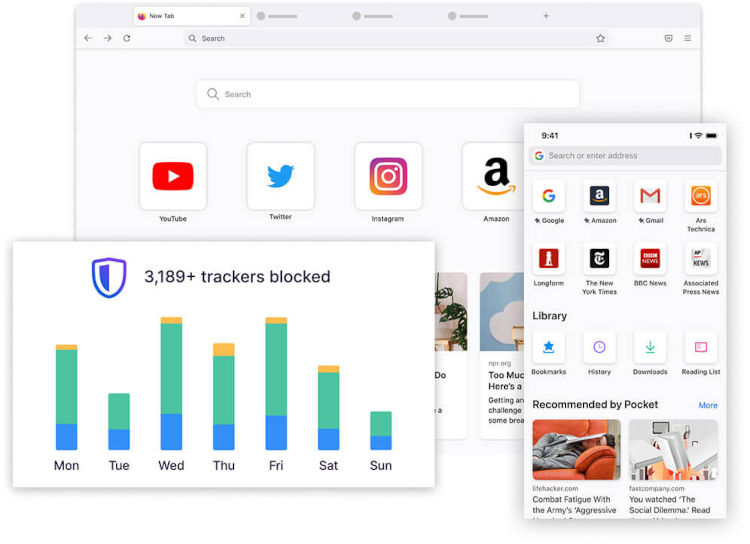
Mozilla Bringing Browser Extensions to Firefox on Android
The Implementation Should Coincide With the Next Release of the Browser
NEWS Apps November 4, 2023 Reading time: 2 Minute(s)
In a highly anticipated move, Mozilla is gearing up to extend the capabilities of its Firefox browser on Android by enabling browser extensions, also known as add-ons. This exciting development is scheduled to coincide with the anticipated release of version 120 of the browser on November 21, 2023. To prepare for this significant step, Mozilla has called upon extension developers to review their code, anticipating robust demand for innovative extensions on Firefox for Android.
Scott DeVaney, the staff editorial manager for Firefox add-ons, voiced his optimism, stating:
"We foresee strong interest from users eager to explore novel ways to customize their Firefox experience on Android."
Current trends indicate that there will be a minimum of 200 brand-new Firefox for Android extensions available on addons.mozilla.org (AMO) when open availability is introduced in December.
The journey towards integrating browser extensions with Firefox for Android commenced back in 2019 when Vesta Zare, the product strategy lead for Firefox Mobile, floated the idea in a post on the GitHub repository for Fenix, an overhauled version of Firefox designed for Android. However, progress in this endeavor has been gradual, primarily due to concerns surrounding security, a paramount issue when it comes to browser extensions.

Integrating extensions with Firefox for Android means that users can download and install extensions that have not undergone exhaustive scrutiny, a situation that raises security concerns, particularly in light of the sensitive data stored on mobile devices, such as payment information and personal details. Within the desktop ecosystem, browser extensions have frequently been a source of malware and misuse.
Nevertheless, the concept of browser extensibility remains one of the defining characteristics of the open web. Unlike passive display technologies like television, web browsers empower users to actively shape how content is processed and presented, offering a level of customization and control. This freedom hasn't always been favored by online content providers who have often requested visitors to disable ad-blocking extensions, a stance enforced by platforms like YouTube in recent times.
Interestingly, Google, the developer of the widely-used Chrome browser, does not currently support extensions in Chrome for Android. Some conjecture that this decision might be linked to concerns about ad-blocking by Android users, a well-documented challenge for the advertising industry. Nonetheless, Mozilla's decision to introduce browser extensions to Firefox for Android promises exciting possibilities for customization and user empowerment within the mobile web. It will be fascinating to witness the innovations and creativity that emerge as users explore the newfound potential for customization and control in their mobile browsing experiences.
(Images by Mozilla)
*Our pages may contain affiliate links. If you buy something via one of our affiliate links, Review Space may earn a commission. Thanks for your support!
CATEGORIES

























COMMENTS